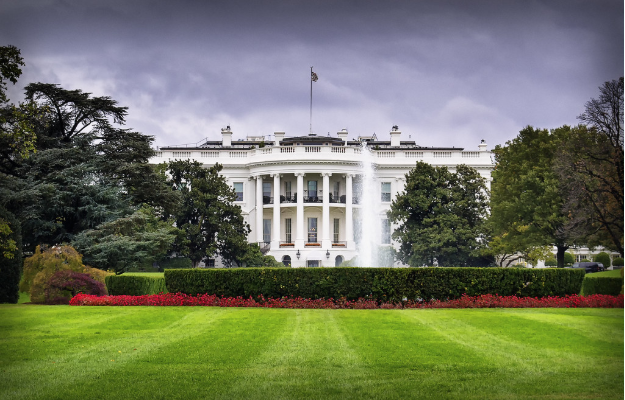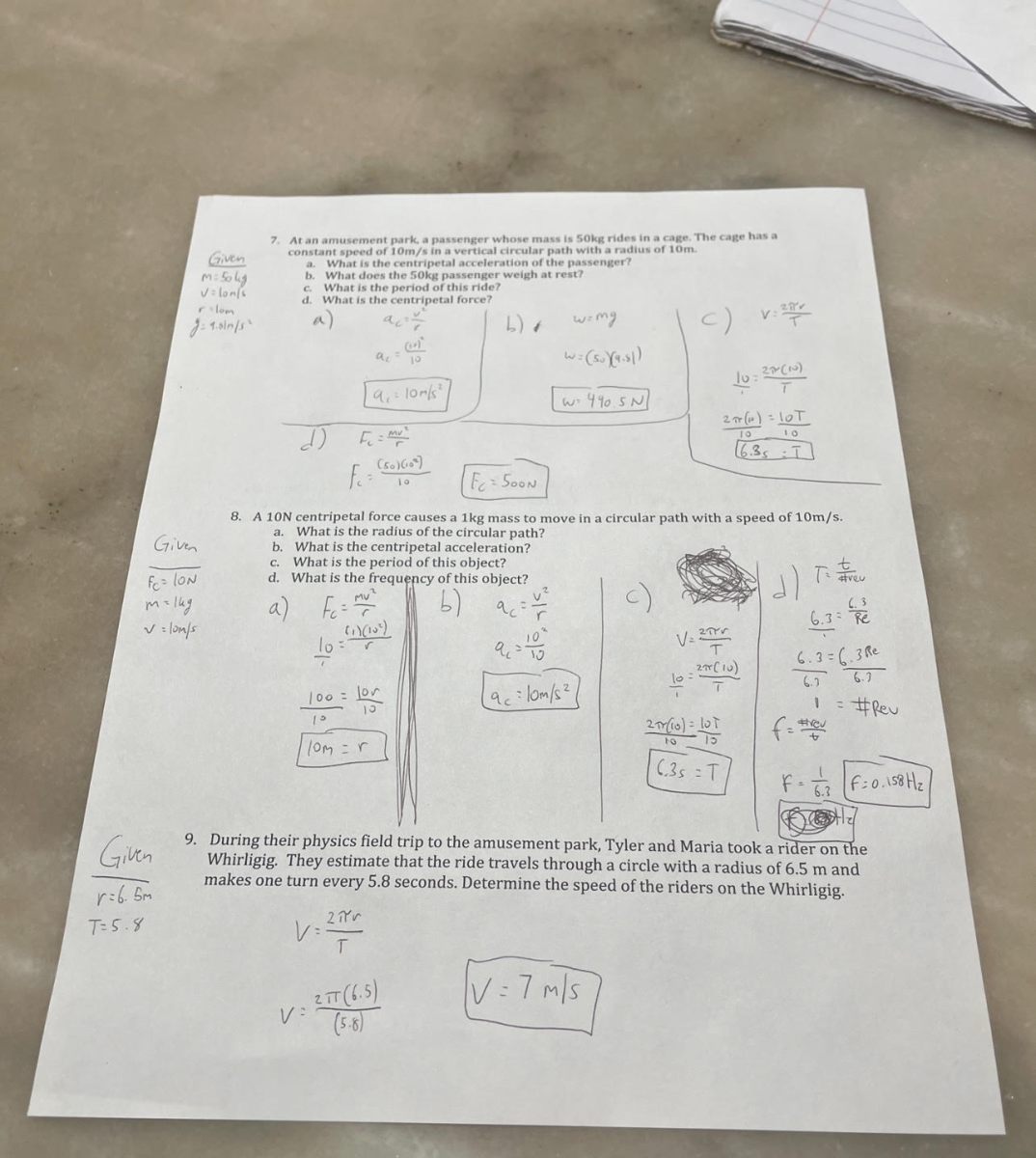Reporter: Nicholas Scotchie, Political Reporter
The word impeachment has been thrown around a lot ever since the beginning of the current administration of Donald Trump, but what exactly is impeachment?
Article two of the Constitution states, “The President, Vice President and all civil Officers of the United States, shall be removed from Office on Impeachment for, and Conviction of, Treason, Bribery, or other high Crimes and Misdemeanors.” As it should be noted it states conviction, not impeachment, is needed to unseat the commander-in-chief.
The process of impeachment is straightforward, a simple majority in the House of Representatives, with the following conviction being brought upon by a two-thirds consensus in the Senate. What is less clear is what exactly the president can be impeached for.
The vague wording allows the House to decide what constitutes a “high crime or misdemeanor.” During the President Clinton administration it was extramarital affairs, during the Barack Obama administration it was executive orders, and now during the Trump administration it is collusion with Russia and/or obstruction of justice. Perhaps then House Minority Leader Gerald Ford said it best, “An impeachable offense is whatever a majority of the House of Representatives considers it to be at a given moment in history.”
































